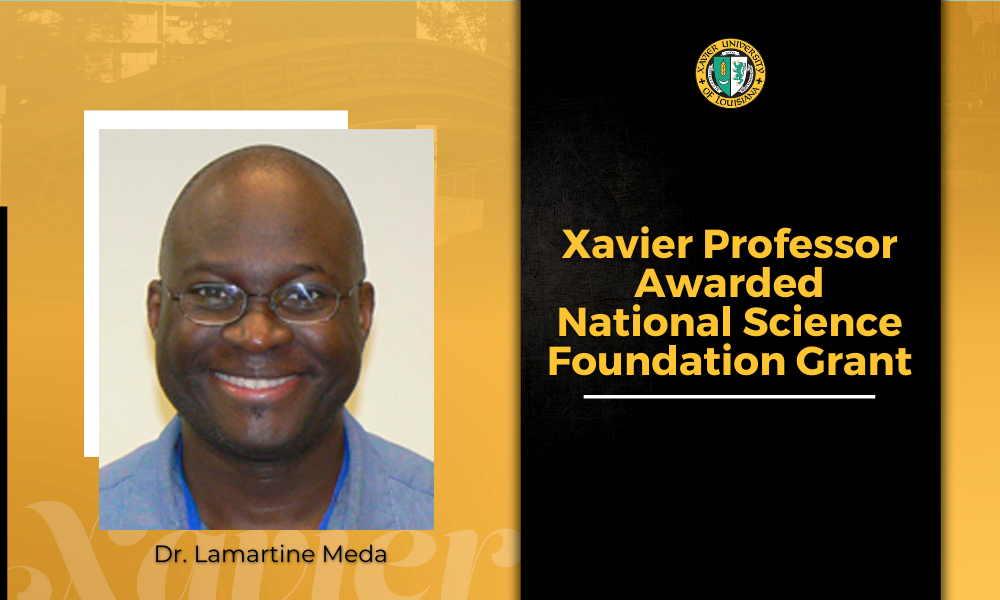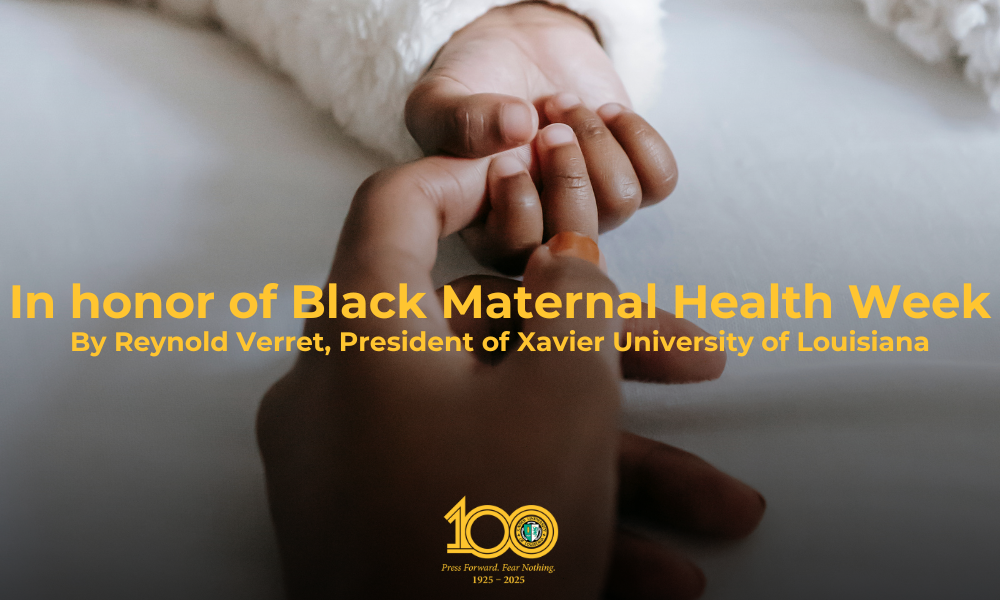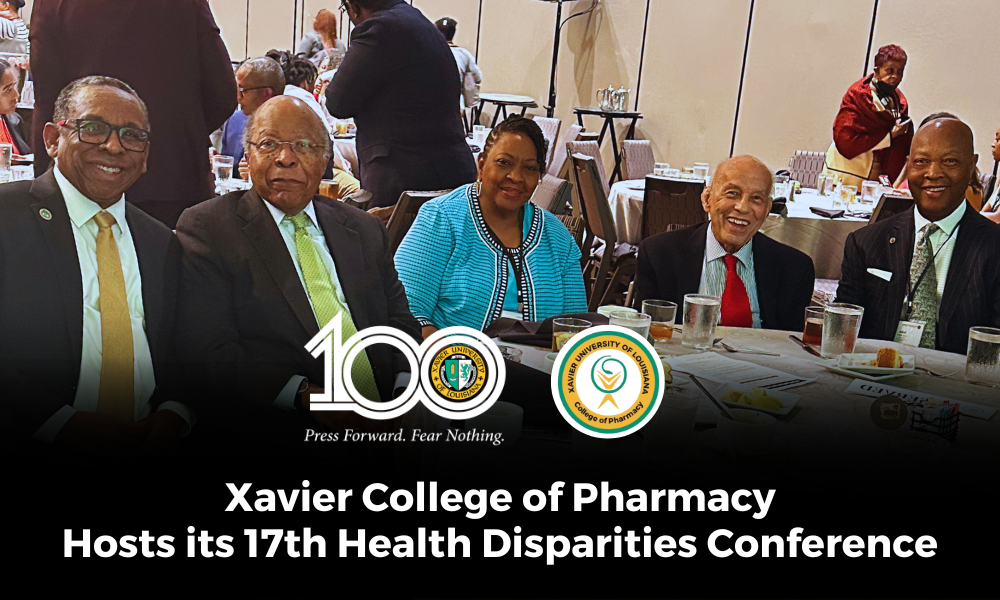Dr. Lamartine Meda, Xavier Professor of Chemistry and Material Science, Director of the Materials and Interfaces Center for High Energy Storage and Sensing (MICHESS), Awarded a National Science Foundation Grant

Dr. Meda’s project “Investigation of Interfacial Chemical and Ion Transport in Solid Inorganic-Polymer Electrolyte” recently received a National Science Foundation (NSF) Excellence in Research Award. Dr. Meda applied for the grant, totaling $513,443. Dr. Jennifer Schaefer of the University of Notre Dame and Co-Principal Investigator of the project, is collaborating with Dr. Meda and his research team.
Lithium-ion batteries power many devices and are ubiquitous in the modern age, but their widespread use, for example, in electric vehicles (EVs), has been limited. One of the reasons for this limitation is because the batteries contain a highly flammable organic liquid electrolyte, which can cause the battery to catch on fire. Dr. Meda seeks a solution to these safety concerns by conducting research and development via the creation of a completely all-solid-state battery by replacing the liquid electrolyte with a solid electrolyte.
“Solid electrolyte is the future of lithium metal batteries because it doesn’t have any liquid,” said Dr. Meda, “It is safer. It will not explode because it prevents the formation of dendrites and it makes the battery last longer.”
The monumental challenge facing Dr. Meda and his researchers is finding a solution to the problems caused when the solid electrolyte and the lithium metal are sandwiched together. Because lithium metal is very reactive, it can create all sorts of materials when in contact with the solid electrolyte. In current lithium-ion batteries, lithium ions are being transported from what is called a cathode electrode (positive) to the anode electrode (negative) or vice versa (rechargeable batteries) via the liquid electrolyte, while a piece of porous separator (non-electronic conductor) is used to prevent the anode from physically touching the cathode. This NSF grant allows Dr. Meda and his students to investigate the issues between the solid electrolyte and lithium metal anode and within the solid electrolyte itself. These issues are some of the reasons why solid-state batteries are not yet available widely for electric vehicles, according to Dr. Meda, who has been at Xavier since 2008.
“The importance of the work we do here in my lab at Xavier can have a broader impact in society and contribute to the advancement of rechargeable lithium metal batteries and ultimately renewable energy.”
Levon Leban teaching Ayssia Crockem how to use a blade to coat a cathode electrode on aluminum foil
Dr. Meda clarified that this type of portable energy is needed for renewable energy such as solar. There is a need for a way to store the energy that is produced when the sun is shining to use “for times when Mother Nature is not kind to us.” For areas like Louisiana, where frequent weather phenomena mean periodic power outages, the option to store lasting, safe, renewable energy would be revolutionary.
Dr. Meda and his research team are already manufacturing coin cell batteries at Xavier using glove boxes that keep out moisture and air with humidity controls. This NSF grant to work on the solid electrolyte will allow Dr. Meda to continue this research, previously funded by a $5 million NASA-MIRO grant. In addition to the solid electrolyte, Dr. Meda is also working on developing a high energy density cathode in his lab containing materials that are available in the U.S.
Dr. Meda says, “all the transition metals used in the cathode in his lab can be mined right here in the United States. They don’t need to be imported from foreign countries.”
The applications of long-lasting, renewable energy storage are boundless, including updates to the power grid, electric cars, space exploration, and more. Hopefully, soon the work of Dr. Meda, his research team, and students will change the world.



